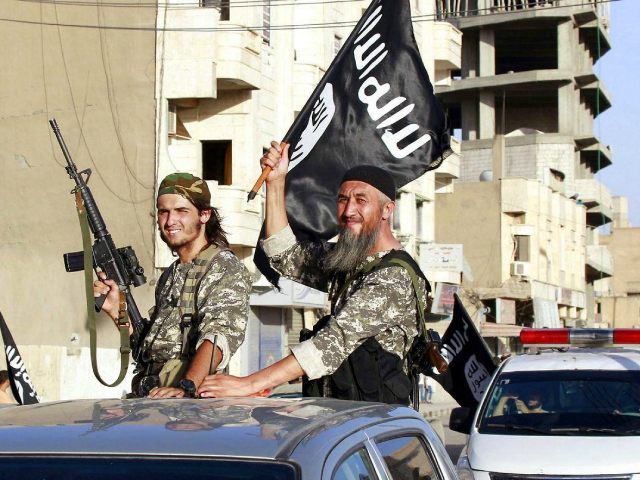A Foreign Affairs subcommittee of the British Parliament has determined that the Islamic State is making millions of dollars on the international currency markets, using cash looted from banks in the captive Iraqi city of Mosul.
The UK Telegraph calls the Islamic State’s actions an “extraordinary venture into white collar crime” that has become a “major source of income, along with oil smuggling and extortion from people living in ISIL-controlled areas.”
In the Foreign Affairs hearing, it was revealed the Islamic State looted some $429 million in cash from Mosul’s central bank, augmented by money it steals from pension checks the Iraqi central government is still sending to residents of the city.
“The cash that ISIL has looted, along with siphoned off pension payments, is routed into Jordanian banks and brought back into the system via Baghdad,” said subcommittee chair John Baron.
He said the terror state funnels profits from its currency transactions back into caliphate coffers using “hawala” transfers, which the Telegraph describes as “an unregulated system of money transfer whereby cash payments are made via agents in one country after a similar amount is presented as collateral in another.”
The UK Daily Mail elaborates that the hawala system “requires brokers, who know and trust one another, to act and the depositing and withdrawal points for individuals willing to transfer cash to one another. As the money is not actually shifted between the brokers, they settle the debt incurred by the individuals’ withdrawal with one another at a later point.”
The sums involved were a matter of debate between analysts, with a high-end estimate of $20 million in monthly profits from currency speculation for ISIS, although junior Foreign Office minister Tobias Ellwood said he found that estimate “excessive.”
The subcommittee discussed methods of choking off ISIS’s currency profits, airing some criticism that Iraq, Jordan, and even British financial institutions had not moved quickly enough to thwart the scheme.
“Work is being done to close it down, I don’t think there is anything near as much from that source of revenue as before,” said Ellwood.

COMMENTS
Please let us know if you're having issues with commenting.